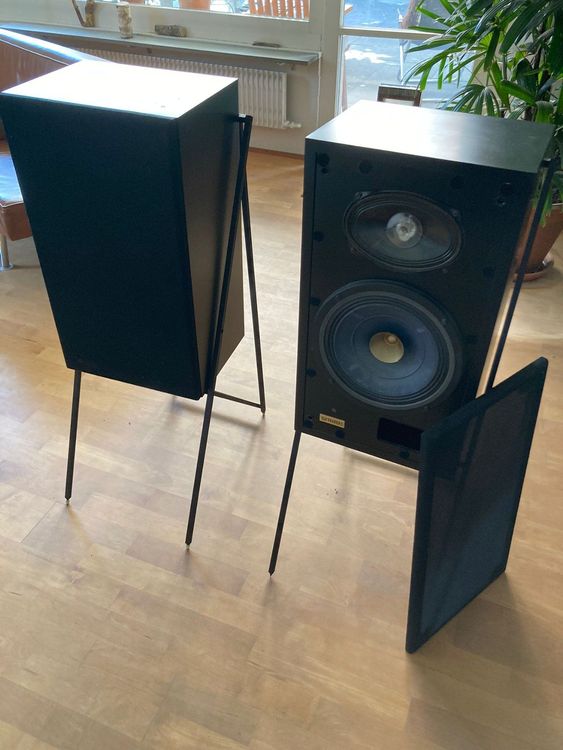When John Devore posted this rant I knew it would find it's way here at some point

For the record, I understand the eye-rolling many have over lots of what John said. I share that, and also certainly agree with Amir's points that he posted under the video
on youtube.
As for comments like this...
Measurements are the sworn enemy of the subjectivists. They must maintain the line that you can only "trust your ears" when it comes to music reproduction. If this cult can prevail, then DeVore and his ilk can continue to peddle their products to a waiting crowd.
I hope you are not implying that anyone who likes, or buys, a Devore speaker is just some cultish dupe.
As I've mentioned before: I'm an example of an ASR member who doesn't believe in technically implausible snake oil claims, and during a very large speaker search, in which I demoed with my test tracks many well known speaker brands (including Revel, Paradigm, Focal, Kii Audio, Magico, ...you name it), I found Devore's O/96 speakers to stand out with characteristics that I found extremely compelling. They became one of my favourite speakers.
And, in experience discussing the brand with many other audiohiles, I don't see lots of the as cultish dupes either, but rather they ended up with Devore speakers after winnowing them out from hearing many other contenders. The speaker gave them the presentation that they like. Nothing cultish about that.
I don't think anybody who designs speakers would be able to achieve a workable product without using some sort of measurement devices that spit out cold, unyielding numbers. How would one design a crossover without test equipment? I agree with archimago, these people are selective about the testing they approve of and subsequently their whole criticism of test results is intended to legitimize the subjective fairy tale.
Devore uses lots of measurements, as well as loudspeaker design theory, in his designs. However, as I understand him, ultimately if he hits a point where the design choice is between "measures more textbook" vs "the sound I'm actually going for" he will choose the latter. Nothing wrong with that, IMO.
Basically he's designing for a certain type of presentation he likes, and if there was enough people who shared the same goals/taste, then there was an audience/market for his speakers. Turned out that, yes, plenty of audiophiles were looking for a presentation just like John enjoyed, hence the O/96 became by far his best selling speaker. To the degree that I think it helped play a part in the return of wider baffle speakers in to vogue.
It's been my experience that, while certainly a high degree of authentic technical knowledge will help a designer reliably reach his goal, which could include making speakers as neutral as possible, people who have some relevant technical chops, but mixed with some other dubious beliefs, can still end up with a nice sounding product. This was one of my take-aways when reviewing, long ago, the Shun Mook Bella Voce speakers. The Shun Mook guys were notorious for their speaker tuning "mpingo disc" nonsense. And yet, they managed to build a speaker what was one of the most beautiful sounding speakers I'd heard. Even THOUGH it incorporated some of the ideas that may have been nonsense (I think there were mpingo discs inside the cabinet), I think they were nonetheless good enough listeners and had just enough knowledge to actually build a good sounding speaker.
I think John Devore likely knows even more about speaker design than the Shun Mook crew, but even if some of his ideas are unorthodox or even wrong, in the end, he seems to achieve a certain sound that he's going for, and which many audiophiles have found compelling.

